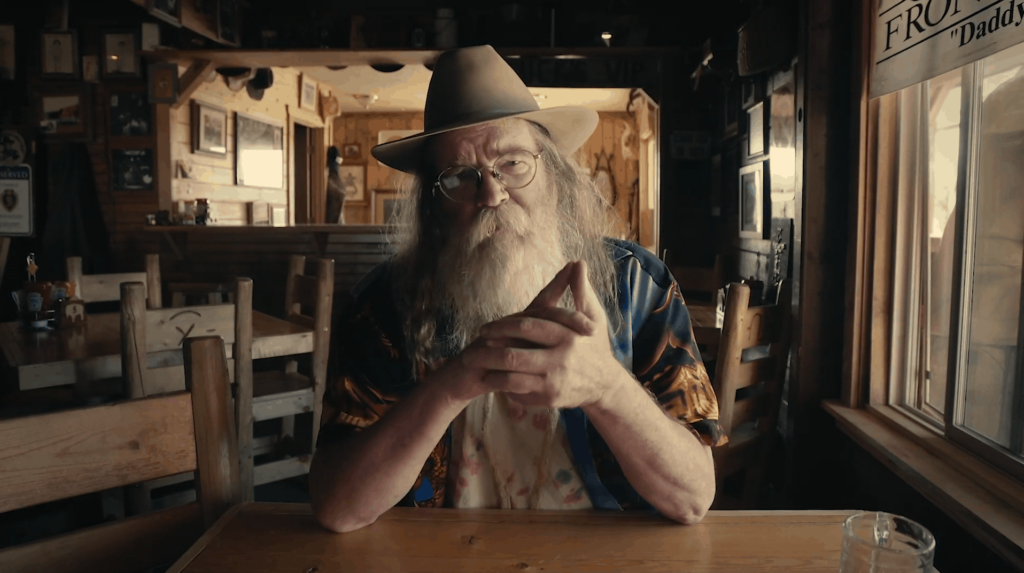TRANSCRIPT:
Hell yes, there’s a war on coal. It’s been going on a lot longer than you think it has. And coal’s enemies are not who or what you think they are.
Blackjewel’s bankruptcy is just the last act in a script that was written over a hundred years ago. Around that time the U.S. Navy and our domestic railroad industry converted their entire fleets from coal to fuel oil, because it’s cheaper, more efficient, and easier to transport.
At that time, there were a million workers in the coal patch in America. Today there are 45,000 and that number is dwindling daily.
But it was not environmental regulations that caused this change. Rather, it was hard-nosed, penny-pinching decision-makers in both the public and private sectors who were responding to that harshest of mistresses, the free market.
That’s why today, when you see a unit train of Wyoming coal headed back East to market, it’s being pulled by a diesel/electric locomotive.
The market for low-sulfur Wyoming coal, which has been the foundation fuel for electric-generating industry for 50 years, is now favoring renewables and natural gas, because they’re cheaper, easier to transport, and more efficient.
The Powder River Basin Province coal patch in Wyoming, which owes its being to the environmental regulations of the 1970’s, is going through its death agony. There could be no clearer example of this than the recent round-trip of the Union Pacific “Big Boy” locomotive, the largest steam-driven locomotive on the planet. It recently went to Ogden, Utah, and back to commemorate the 150th anniversary of the driving of the Golden Spike. Big Boy, the poster child of steam-driven, coal-fired horsepower, made that trip with a boiler retrofitted to burn fuel oil.
Wyoming’s future, by definition, cannot and should not be harnessed to a dying industry and its twitching business model. We owe our children more than to pin the hopes for their future on favorable outcomes from bankruptcy courts back East.
Nostalgic myths aren’t going to do it for us anymore. Change is never easy, friends and neighbors. But change we must, and rather soonish, too.
Rod Miller ran against Liz Cheney in the 2018 GOP primary election for U.S. Congress

